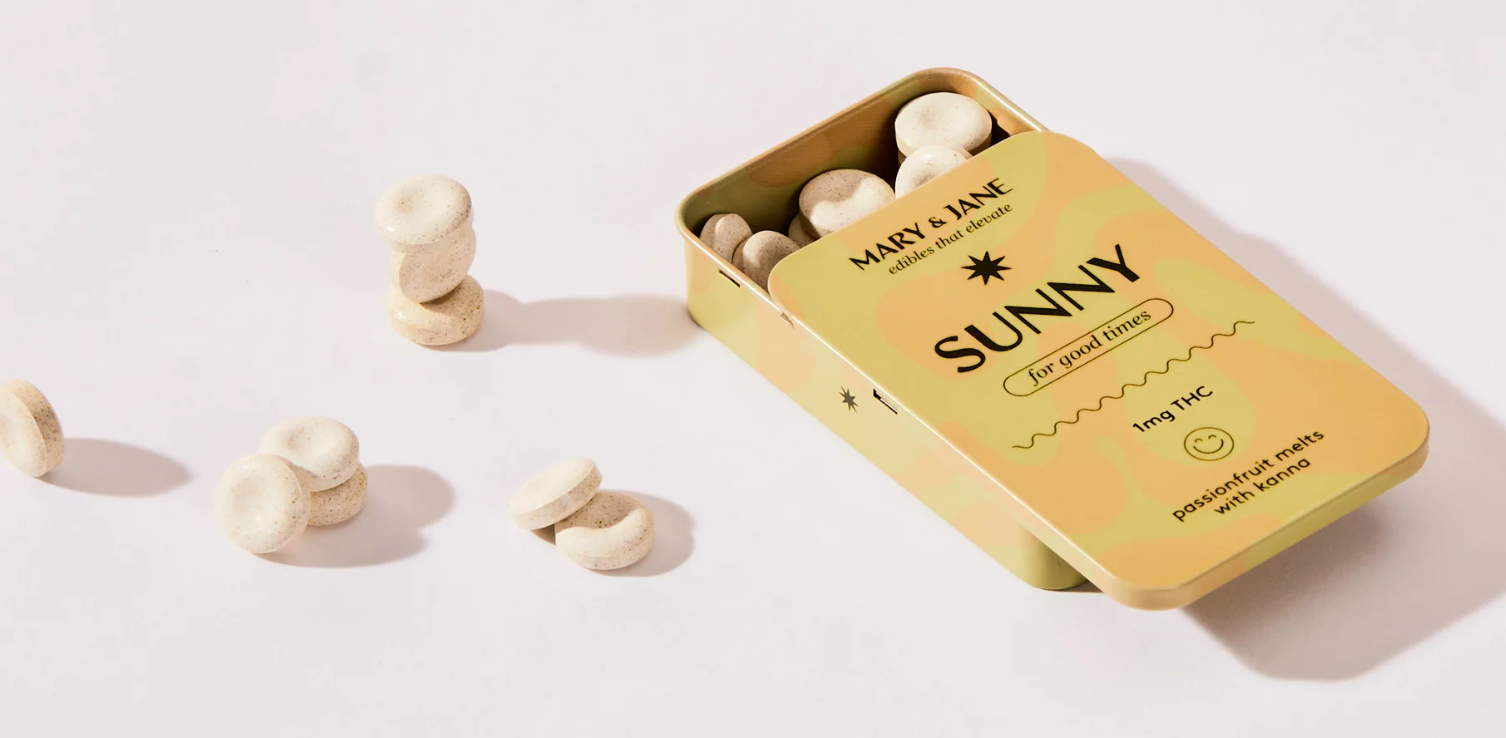Microdosing allows users to experience the therapeutic benefits of cannabis without the psychoactive effects. The challenge lies in finding the correct minimum dose, as individual responses to cannabis vary widely. This variability may be attributed to differences in the functioning of the endocannabinoid system in humans, with cannabinoid receptors found throughout the body.
Customized cannabis experience to individual needs
Back in 2017, physician Dustin Sulak developed a protocol for microdosing, guiding users to find their minimal effective dose through gradual increments. This approach helps users experience health benefits without building tolerance or experiencing side effects like memory loss or clumsiness.
A prime example of adapting to this trend is the Minnesota-based company Mary & Jane. In a market where high-potency products have long been the norm, Mary & Jane is charting a different course with their one-milligram THC edibles. This move is particularly geared towards newcomers and the 'canna-curious' who are hesitant to try cannabis due to the fear of overwhelming experiences.
Mary & Jane: A case study in microdosing
Mary & Jane's initial product, Sunny, is a dissolvable melt combining a microdose of THC with kanna, an herb known for its mood-elevating properties. This low-dose offering is designed to provide control and comfort to new users, allowing them to gradually increase their dosage if desired. This approach addresses a significant gap in the market, especially for those hesitant about cannabis use due to uncertainty about its effects.
Design and marketing strategy for a broader audience
The company's marketing strategy departs from typical marijuana aesthetics, opting instead for soft, muted tones and typography. This design choice aims to appeal to a more risk-averse customer base, drawing parallels with women's clothing boutiques rather than traditional cannabis products.
Educational outreach and market potential
Minnesota's legal cannabis market, expected to reach $1.5 billion in annual sales by the end of the decade, will include products ranging from extremely potent flowers and dabs to low-dose edibles like those offered by Mary & Jane. The company's dose discovery kit comes with educational materials to guide new users through their cannabis journey, demystifying the world of THC and its effects.
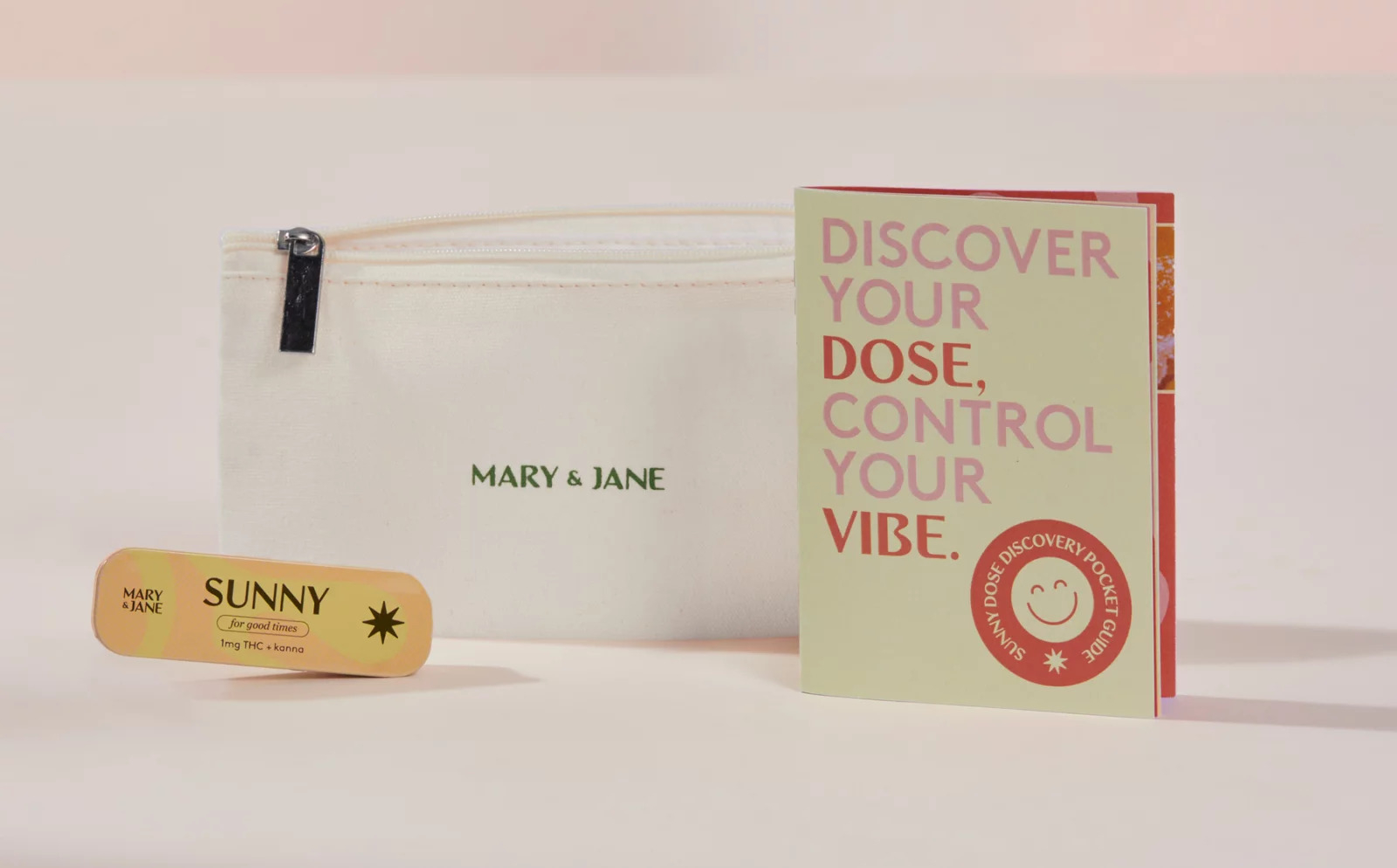
A new market direction
Microdosing is carving out a significant niche, offering a fresh perspective on consumption for health-conscious consumers. While splitting gummies have been the weapon of choice for microdosers, may still be, for many. A common problem with edibles is the uneven distribution of active ingredients when the product is divided. It’s like splitting a chocolate chip cookie - you don't get an equal share of chips on all the parts.
Pioneering precise dosing in gummies
Another one standout example of a business seizing this opportunity is The High Confectionary, co-founded by Jenna Goldring. Leveraging her digital marketing expertise, Goldring identified a gap in the cannabis and hemp market for products offering precise dosing. Her startup is revolutionizing the way THC is consumed, providing low-dose gummies that enable users to control their intake accurately, enhancing the overall experience.
Goldring's personal journey with cannabis, using it as a means to improve sleep and alleviate anxiety, inspired her to create a product line specifically for those with lower tolerances or new to cannabis. Unlike the conventional edibles in the market, The High Confectionary's gummies contain just 1 mg of THC each - a stark contrast to the typical 5-10 mg dosage. This approach allows consumers to enjoy their product "slice by slice," rather than feeling overwhelmed by consuming "the whole cake" in one go.
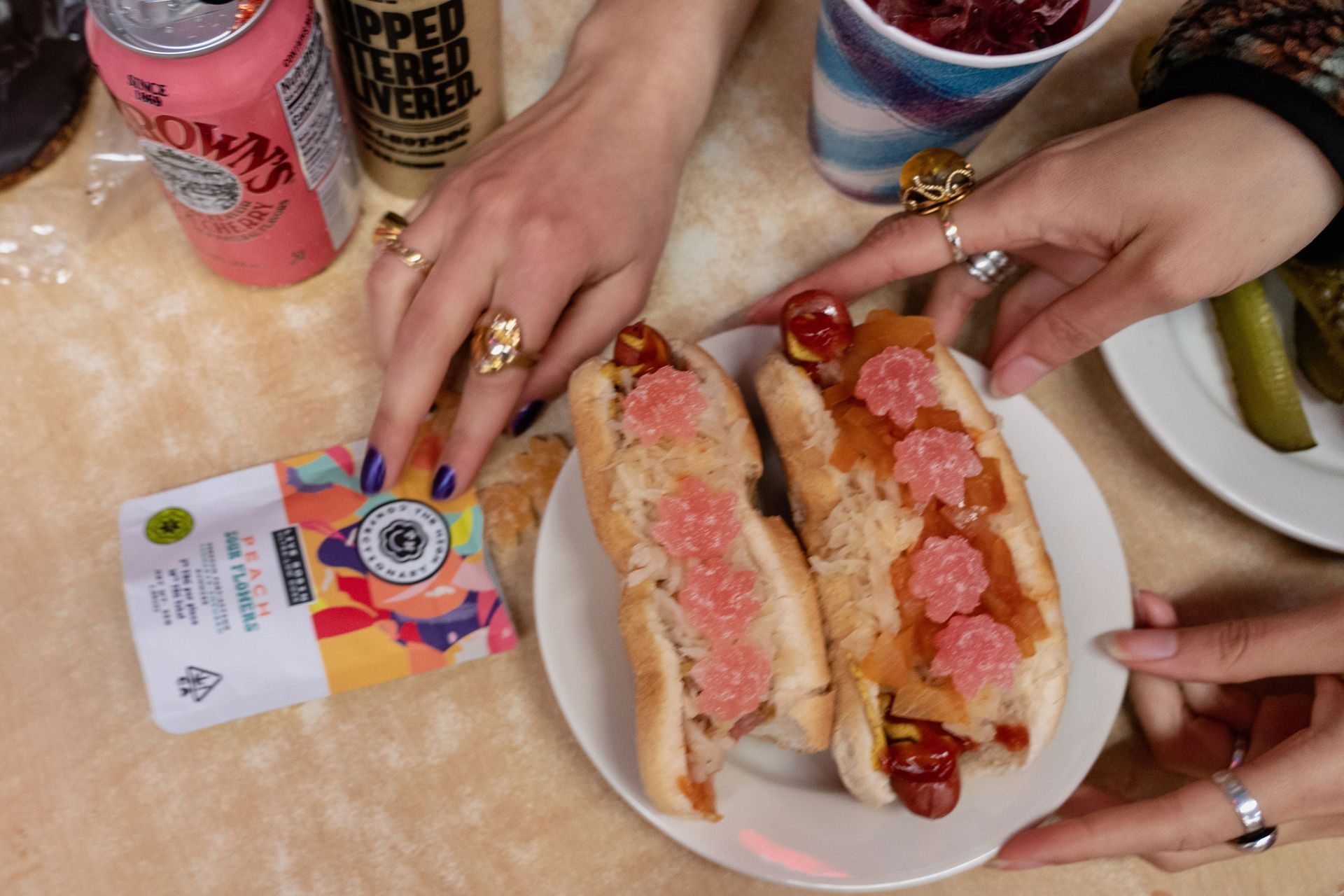
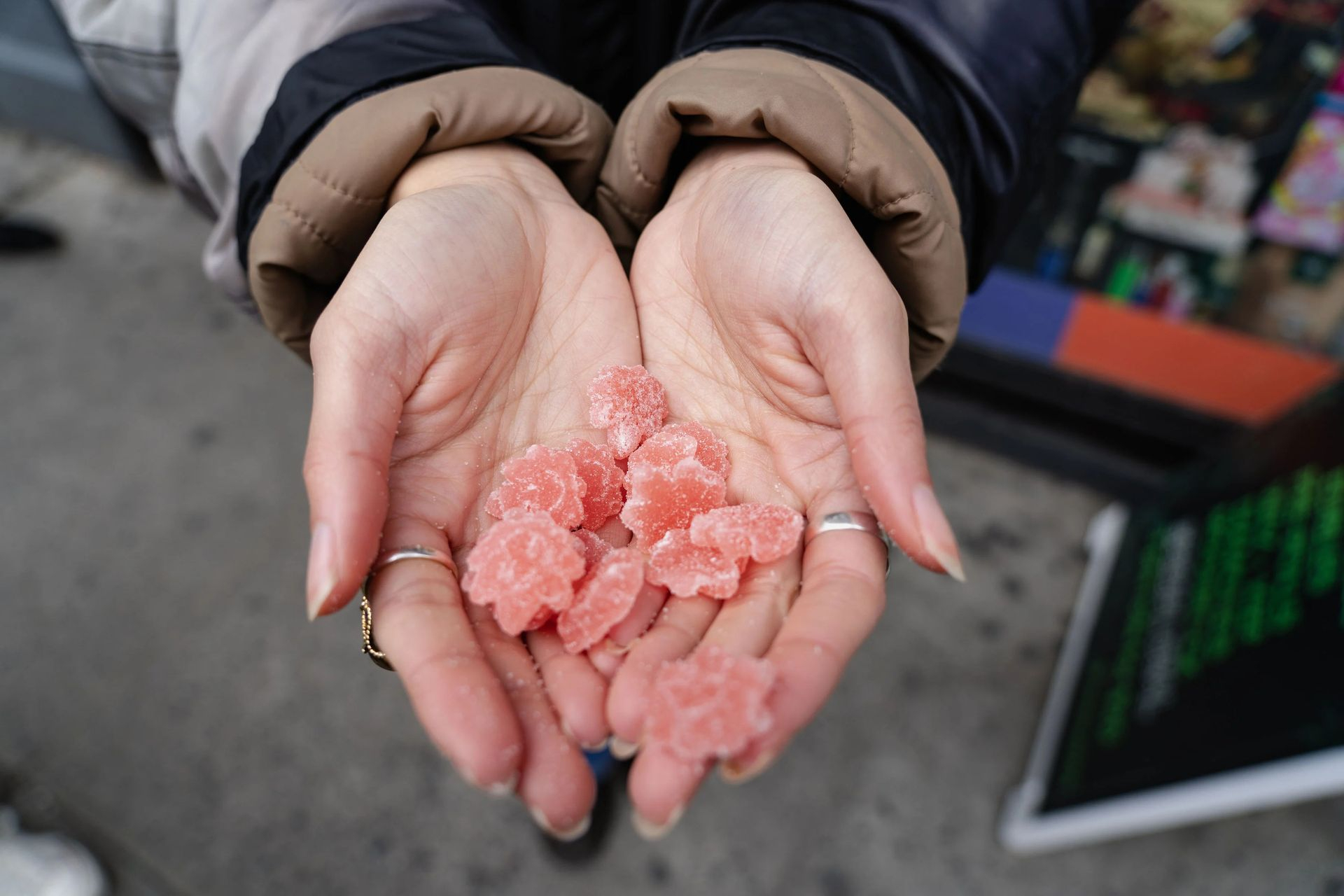

Key to quality and precision
The cannabis edibles sector is witnessing a pivotal shift with the growing emphasis on microdosing and accurate THC dosage for its medicinal benefits. This approach is not just a fleeting trend. It represents a strategic evolution towards inclusivity, safety, and enhancing the consumer experience. As the market continues to mature, such innovations are setting the bar high, distinguishing forward-thinking businesses in a competitive landscape.
Technological innovation plays a critical role in product development and differentiation. The Yamato spray dryer stands out as a vital tool for those in the cannabis edibles industry, from growers and labs to manufacturers and retailers. Specifically designed for cannabis product development, these spray dryers offer unmatched precision and efficiency. They allow for the maximization of yield while upholding the highest standards of quality, crucial for businesses aiming to lead in this space. The dryers adeptly handle the distinct properties of cannabis extracts, ensuring consistent and uniform drying - a key factor in achieving the desired product texture and potency.
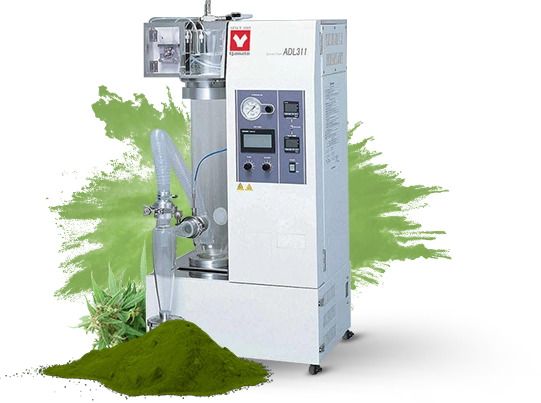
The focus on microdosing and accurate THC control is reshaping the cannabis edibles industry. Embracing this trend with the aid of advanced technology like the Yamato spray dryer positions businesses at the forefront of the market, ready to meet the evolving needs of a diverse consumer base. As the industry progresses, those who prioritize innovation, safety, and consumer education in dosage and tolerance will likely emerge as leaders in this dynamic field.
